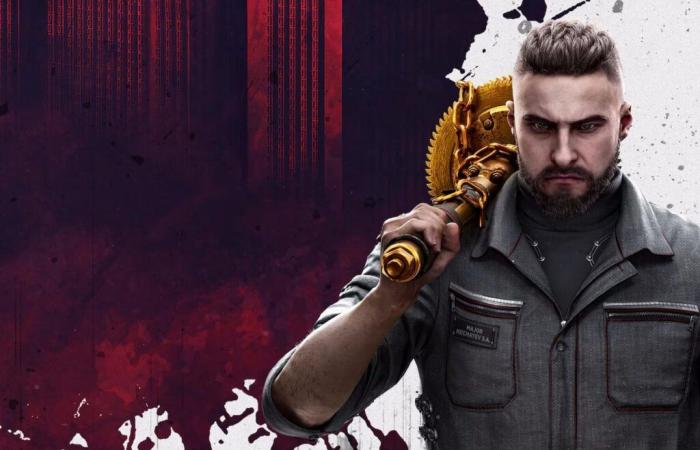At the end of October, at Paris Games Week, the largest French video game show, visitors feeling a little chauvinistic at heart could abandon the long queues to test American blockbusters, like the latest Call of Duty : Black Opsand try French creations instead. On the “Games made in France” stand, around ten publishers ranging from Ankama (for Savara) to Arte (for Looking for Fael) presented their recent or upcoming creations. Alongside them: Warhammer 40 000 : Space Marine 2a high-budget game and commercial success this fall, published by the French company Focus Entertainment, which quadrupled its turnover thanks to it.
Except that Space Marine 2 is not really made in France, but rather made in Russia“made in Russia”. Focus Entertainment is indeed the publisher of the game, but the title was developed by Saber Interactive, a company founded in Saint Petersburg in 2001. However, although it now flies the American flag, it still seems to operate mainly from Russia, as the Ukrainian press recently highlighted: on the social network LinkedIn, 400 of the 900 registered Saber Interactive employees indicate that they live in Russia; and the director of the group's Russian subsidiary, Vladimir Chernyish, is listed as “studio manager” in the credits of Space Marine 2. The title's Facebook page, meanwhile, is mainly administered from Russia.
Relative distance taken
Space Marine 2 is an emblematic case but far from being isolated. Since Russia's invasion of Ukraine began in February 2022, several local video game studios have taken great care to distance themselves from their country of origin. Mundfish, the developer ofAtomic Hearta shooter released in 2023 and set in an alternative, steampunk Soviet Russia, has removed anything linking it to Russia from its website. While multiple Russian press reports from the studio's pre-war offices attest that it was created in Moscow, its “About” page now claims that it was founded “by a team of like-minded people in Cyprus”. The boss of the studio is today presented as “Robert Bagratuni”. A pseudonym because, in civil status, “Robert” is actually called Maxim Zatsepin.
Mundfish exfiltrated some of its developers to Serbia and Cyprus after the start of the war, closed offices in Moscow and claims to have no connection with “state enterprises or Russian administrations”. But the company actually maintains important links with Moscow, including a subsidiary still in operation and an exclusive distribution contract with the video games branch of VK, a company indirectly controlled by the Russian state.
You have 69.19% of this article left to read. The rest is reserved for subscribers.






